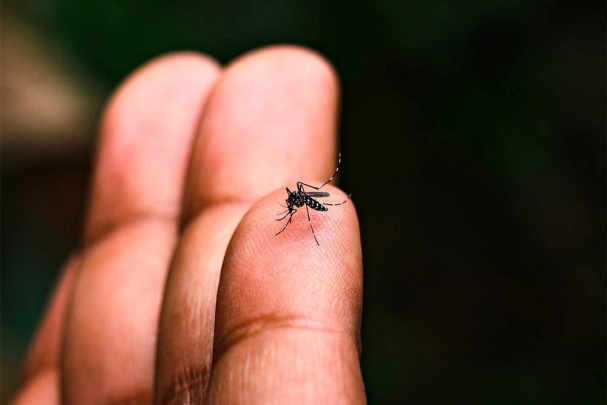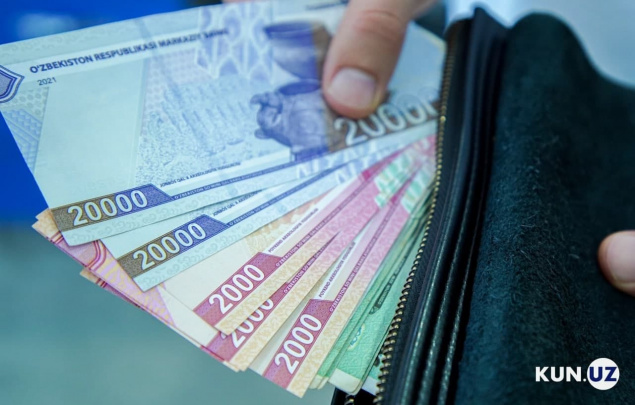Health official: No grounds for alarm over COVID-19 mutations in Uzbekistan
The epidemiological situation related to COVID-19 in Uzbekistan remains stable, according to Sanitary-Epidemiological Committee First Deputy Chairman Nurmat Otabekov. Addressing recent media reports about a new wave of COVID-19 spreading globally, Otabekov dismissed such claims as unfounded, emphasizing that the public has developed collective immunity to the virus.

“There are reports that the NB.1.81 strain of the coronavirus, first identified in China, has been detected in some countries since March. However, claims that a new global wave of COVID-19 is underway are baseless,” said Otabekov.
He pointed out that the World Health Organization (WHO) had stopped publishing daily COVID-19 updates as of April 13, 2024, a practice many countries have also ceased — a strong indication that the global epidemiological situation is under control. Additionally, the WHO has not officially confirmed widespread transmission of the NB.1.81 strain.
“There are groups around the world that benefit from spreading sensationalized information about COVID-19. The current spate of such reports should be viewed in this context. In reality, the likelihood of a new global wave is close to zero,” Otabekov stated.
With regard to Uzbekistan, he affirmed that the country’s epidemiological situation is stable. “People have come to perceive the coronavirus much like any other common respiratory illness. We have the means to diagnose and treat the disease effectively, and a collective immunity has already formed — not just in Uzbekistan, but globally.”
He acknowledged that a small number of COVID-19 cases are still being detected in Uzbekistan, primarily among patients with chronic underlying health conditions. Those requiring hospitalization are treated accordingly, while the majority of infections are mild and managed through outpatient care.
Commenting on reports of “new viruses,” Otabekov noted that the coronavirus has undergone nearly 45,000 mutations so far. However, only 10 to 15 of those mutations have proven capable of causing illness. “There is no need to panic over mutations,” he stressed.
He also reminded the public that Uzbekistan operates a monitoring system that tracks which viruses are circulating in the country. Virus samples from patients are routinely collected, tested, and analyzed in designated laboratories.
“In light of this, it is essential not to rush to spread sensational news about newly detected strains. There is absolutely no reason for alarm,” Otabekov concluded.
Earlier reports indicated that some Asian countries have reintroduced mask mandates in response to a rise in COVID-19 cases.
Related News

15:24 / 06.08.2025
Sanitary Committee rules out chikungunya outbreak in Uzbekistan

18:11 / 25.07.2025
Average salary in Uzbekistan climbs to nearly UZS 6 million, with teachers and doctors still earning below average

11:44 / 24.07.2025
Health expert calls for allowing doctors to register as self-employed

15:01 / 23.07.2025



